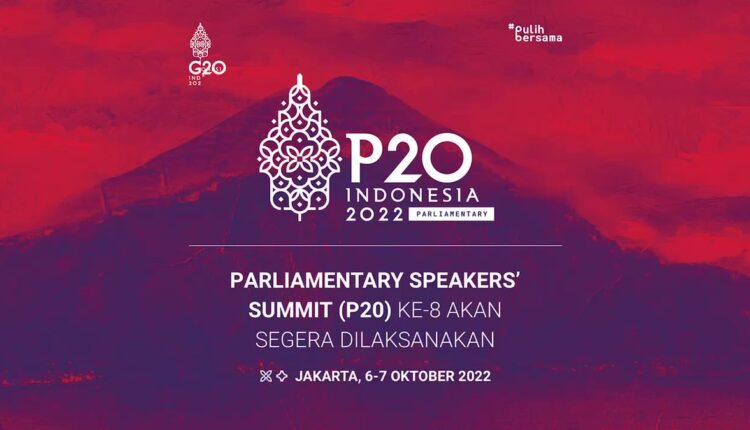P20 Session Takes Concrete Steps to Overcome the Food Crisis with Sustainable Development
The chairman of the Indonesian House of Representatives, Puan Maharani, has officially closed the P20 event held in Jakarta.
He expressed his appreciation for the smooth implementation of the trial due to all parties who took part in the success of P20.
In addition, Puan also advised all delegation countries to really take the time to seek concrete steps from all the discussions that had been agreed upon during the session.
“Alhamdulillah, the implementation of the P20 Presidency of Indonesia by carrying out the ‘Stronger Parliament for Sustainable Recovery’ has ended at this time, attended by 19 parliamentarians, as well as nearly 59 Heads of Delegation who were present on this occasion,” he said on Friday (7/10).
Furthermore, from the results of discussions during the trial, the Chairperson of the Indonesian House of Representatives explained that all delegates had strong commitments and agreements.
“From the results of the discussion, all the G20 countries and the guests who came on this occasion are committed to how we can work together to create world peace, then give new hope or new hope to the international community that we want to be present and committed to how to make the world more peaceful. and how the world is full of social welfare without discriminating between the rich and the poor. And how all countries benefit from world togetherness,” said Puan.
Previously, the opening of the 8th G20 Parliamentary Speakers’ Summit at the DPR/MPR RI Building was carried out directly by President Jokowi on Thursday (6/10).
He advised that the event could be a place to further build togetherness even at an international level.
“I hope this forum is the right place to build togetherness with the people, build cross-country togetherness, build world peace, and work together to solve humanitarian problems and build a more prosperous and just world,” he said.
President Jokowi also briefly mentioned how the world’s conditions are at the moment, according to which the COVID-19 pandemic itself is still not over, plus there is actually a geopolitical conflict.
This makes many countries experience the threat of energy crises, food crises and financial crises.
In addition, all countries are still trying to deal with the impacts of climate change that is happening.
Therefore, according to him, it is very important that all parties are able to unite their views.
“We must work hard to overcome differences, multiply and strengthen common ground to encourage world economic recovery and overcome the crisis more effectively,” said Jokowi.
Meanwhile, the Chair of the Indonesian House of Representatives, Puan Maharani, who directly led the discussion on climate and environmental issues.
The former Coordinating Minister for Human Development and Culture also highlighted how poverty alleviation efforts currently continue to be a problem.
Therefore, according to him, sustainable development must be realized immediately and even accelerated.
“This shows the importance of increasing our actions because the time to meet the SDGs targets is less than 8 years, so I view that the implementation of the SDGs must be accelerated, and the resilience of developing countries in facing crises must be strengthened,” he stressed.
According to Puan, the real actions taken by all G20 delegates during the P20 implementation will have a significant impact on the world.
“The G-20, which controls 85 percent of the world economy, can certainly have a significant impact on world progress if it takes concrete and concrete actions,” he said.
In addition, he also considered that all delegates had a very big commitment in accelerating sustainable development that was echoed.
“I see a great commitment from all of us to accelerate the achievement of the SDGs and implement a green economy, even though the world is facing various global challenges,” said Puan.
In the second session of the P20 session, Puan then highlighted the global food and energy crisis.
According to him, the world parliament must really take part in overcoming these problems by ensuring an open trade in food and agricultural commodities.
“Restrictive measures will only threaten global food supply chains and trade, which will have the greatest impact on developing countries and poor countries,” he said.
